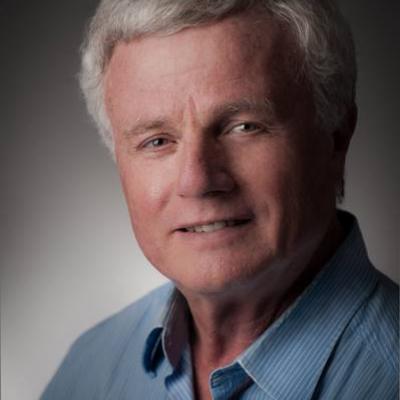The South Africa International Renewable Energy Conference was held in Cape Town on 4-7 October. This was the sixth of a series of “IRECs” held every couple of years in different locations around the world (the inaugural IREC was held in Bonn, Germany in 2004, and since then there have been IREC’s in Washington, DC, Beijing, China, New Delhi, India, and Abu Dhabi, UAE).
The IREC’s are Ministerial-level conferences designed to bring together government Cabinet-level decision makers, industry, NGOs, academia, the private sector and other representatives of civil society to address jointly the goal of advancing renewable energy, both within the region of the conference as well as globally.
In particular, with a rapid energy transformation toward renewables occurring world-wide, and energy access a key United Nations goal for the African region, SAIREC is very timely for examining the key steps needed to ensure that the Africa in directly engaged in this energy transformation.
ISES has played an active role in recent IREC’s, and at the SAIREC I was invited by the Conference organizers, the Renewable Policy Institute of the 21st Century, or REN 21, to give a keynote speech at a Session titled “Technology Innovations: Off-Grid Solar”. This session was designed around an Issue Paper that had been prepared by ISES Head of Secretariat Jennifer McIntosh and Moeketsi Thobela of the South African Solar Photovoltaic Industry Association (this paper can be found on the ISES Publications website).
The key message in my talk was that there has been substantial global growth in solar PV capacity (likely to exceed 200 GW by the end of this year), and although much of this growth revolves around the development of utility-scale PV stations and aggressive domestic and commercial rooftop solar programs in developed countries, there are still substantial markets available for achieving clean energy access to the over 1.2 billion people in the world who currently have no access to reliable electricity services. Most of these people live in rural areas of south Asia and sub-Saharan Africa.
The costs of PV systems have dropped and their reliability have improved substantially over the past two decades so that now, in many rural regions around the world, off-grid solar is the lowest cost option for achieving energy access.
Other sessions during the Conference, which was welcomed and closed by South Africa’s Minister of Energy Tina Joemat-Pettersson, included technology-specific topics such as on-grid solar (including CSP), wind, hydro, geothermal, hybrid systems, and storage, as well as crosscutting topics on finance mechanisms, regulatory frameworks, and skills development.
The final Conference declaration provided a strong statement to the COP21 as well as to Africa’s energy future about the mainstream role that renewable energy is now positioned to play in all energy markets.
There were also a number of side events during the Conference. The REN Alliance (a partnership consisting of ISES, the International Hydropower Association, the World Bioenergy Association, the World Wind Energy Association, and the International Geothermal Association) held a side event on the topic of “Renewables Working Together” and gave case studies of local and regional activities where combined renewable energy projects are meeting the energy needs of nearby communities.
ISES organized a side event on the Role of Solar Heating and Cooling Technologies in Meeting Growing Energy Demand, highlighting the strong industry activities and further market opportunities for solar heating and cooling technologies within Africa.
Presentations were given by Wikus van Niekerk, ISES Board Member and Director of the Center for Renewable and Sustainable Energy Studies at Stellenbosch University, James Green, President of the Sustainable Energy Society of Southern Africa (a Section of ISES), and Karin Kritzinger, also of the Center for Renewable and Sustainable Energy Studies.
Following the Conference I attended the annual meeting of the REN 21 Steering Committee, a body of around 50 representatives of national governments, NGOs, international organizations, industry associations, and members at large. ISES has been a member of the Steering Committee for the past three years in the area of Science and Academia, and I am pleased to announce that we have been re-elected to the Committee for another three-year term. Our discussions focused on future publications of the REN 21, including the 2016 Global Status Report, the next IREC (to take place in 2017), the next REN Academy to be held in Bonn in September-October 2016, and other outreach activities of the Network.
